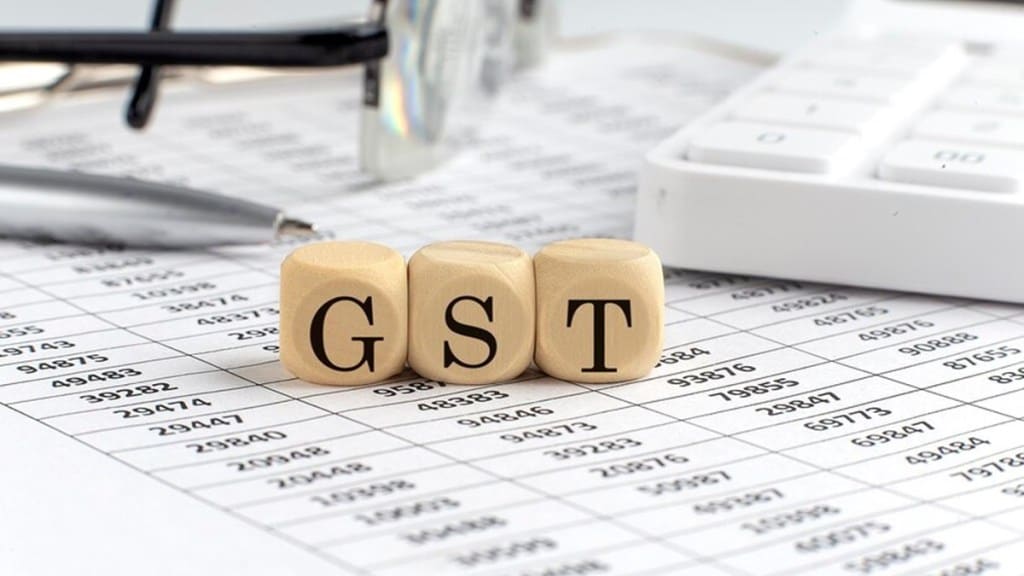The buzz indicates that the Indian government is planning to propose a two-rate GST structure. The government may do away with the 12 per cent and 28 per cent GST rates and keep the 5 per cent and 18 per cent GST rates.
This increased the concern that the revised rates would negatively impact India’s fiscal deficit. Here is a look at how the new rates will impact India’s fiscal deficit targets.
Jefferies on fiscal deficit
Jefferies says that the GST rates revision follows a similar playbook to 2019, when the government announced large corporate income tax cuts amid sluggish growth to boost investments. This time, the government is focusing on a consumption boost.
Combined with the income tax cuts of April, the GST rate revision will leave more disposable income for consumers. The measures are expected to push consumption growth and give the economy a boost.
Jefferies says that the GST rate cuts would not have a major impact, as the government has a $20 billion excess GST cess collection for compensation. Jefferis adds that if there is still any additional loss of revenue for the state governments due to the GST rate changes, the centre may need to provide suitable compensation.
Further, Jefferies expects that the majority of the products taxed at 12 per cent will move down to the 5 per cent slab, and some might move up to 18 per cent. Similarly, the majority of 28 per cent slab products will move down to 18 per cent. Jeferries adds that the ‘sin’ goods like SUVs, tobacco products, alcohol etc, will move to some combination of 40 per cent and/or specific GST rates.
The government’s target
According to government sources quoted by Reuters, India is confident it will meet its fiscal deficit target of 4.4 per cent for the current fiscal year, despite the revision of GST rates.
Santanu Sengupta, chief India economist at Goldman Sachs, said that early data for the fiscal year show that income tax receipts are down about 0.5 per cent year-over-year for the fiscal year until June 2025.
Sengupta added that if the changes are introduced, the government may have to curb spending to stay on track with its 4.4 per cent of GDP fiscal deficit target.
The source said that India’s central and state governments have options to offset any loss of revenue due to the lowering of rates. The source added that the government will end the practice of collecting compensation cess by December.

